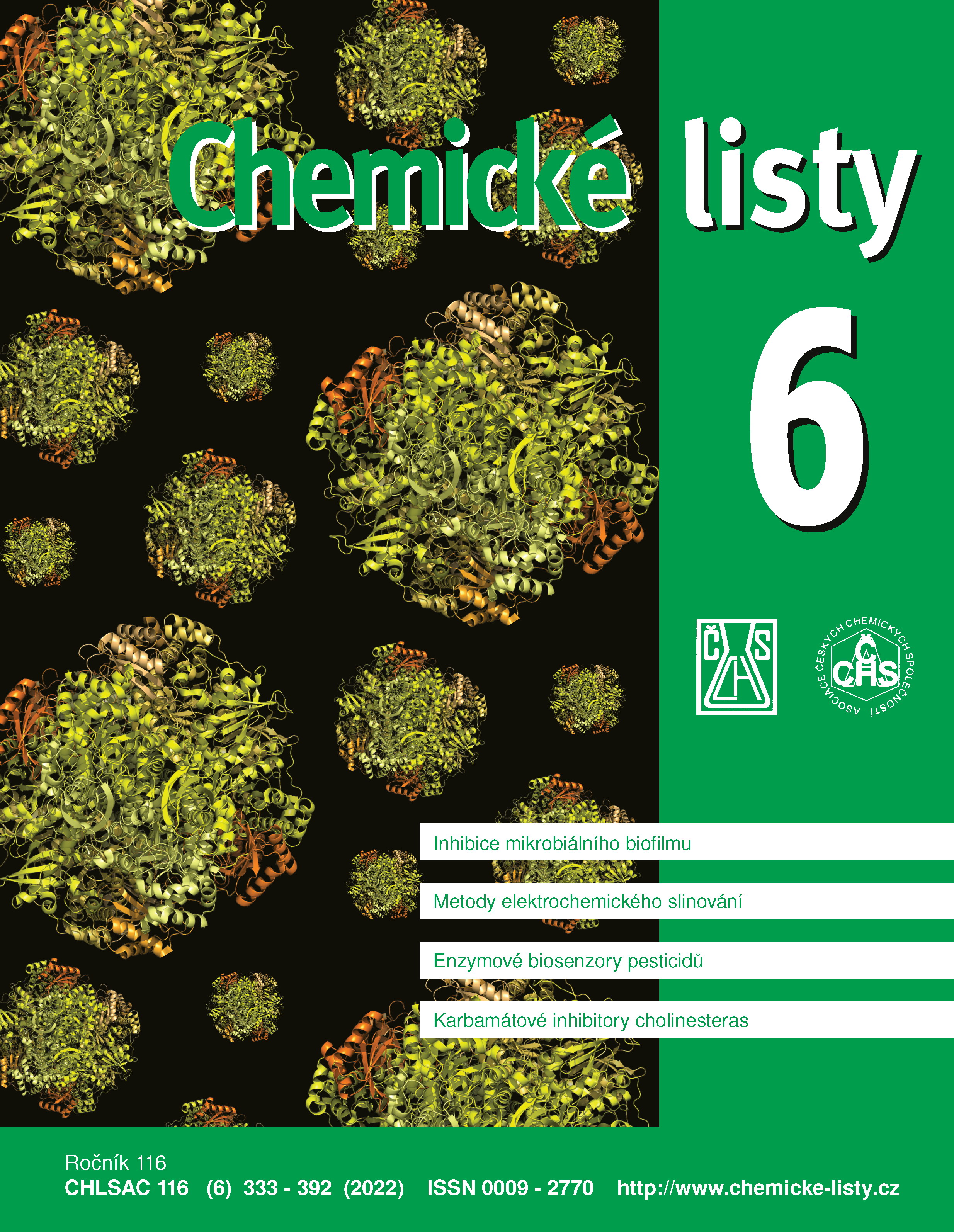Steryl Glycosides in Postfermentation Corn Oil and Its Effect on the Biofuel Production
DOI:
https://doi.org/10.54779/chl20220365Keywords:
biofuels, steryl glycosides, cold flow properties, precipitates, removal, corn oil, phytosterolsAbstract
Post-fermentation corn oil in transesterification process of biodiesel production is considered as feedstock causing major quality problems influencing both filterability and cold flow properties of crude biodiesel. Phytosterols and steryl glycosides (SG) occurring naturally in crude oil in acylated oil-soluble form are transformed during transesterification into unwanted non-acylated SG particles promoting sediments in final FAME (fatty acid methyl ester) product. Elimination and SG precipitates removal is necessary at industrial scale to achieve better biodiesel quality but preferably without significantly increasing costs of biodiesel production. Recombinant steryl glycosidase enzymes represent an environmentally friendly way to reduce SG by its hydrolysis to glucose and sterols – substances with high added value. The production of enzymes directly in the production plant can positively affect the carbon footprint of biotechnological production and increase the efficiency, without high investment costs for conversion or technology change, since the application is possible at any production step with respect to specific enzyme conditions.





